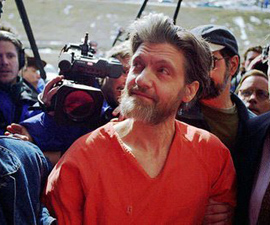After over 3 years' procrastinating, I scheduled a day to replace my old TV.
The day came, so I left work early and Googled something like, “things to know before buying a new TV.” I spent several minutes skimming a few pages that each listed 9 or 10 factors, like the different screen-lighting technologies, how many and what kinds of ports and jacks you might want, the relevance of frames displayed per second, and so on. None of this was especially helpful. I probably couldn’t tell the difference between an LED, QLED, OLED, or UHD.
But one hint made sense: a good 55” TV will cost around $500.
Okay, so on to Best Buy, where I found a wall of 55” TVs. Only three of them cost about $500. Obviously, no Best Buy employee would go near a customer, so I took the time to Google each model’s specs and a couple reviews until I found a reason to justify picking one TV over the others.
Including research, driving, checking out, and everything, I spent maybe an hour buying an appliance worth over $500—an appliance that I spend significant quantities of time using and want to enjoy almost every day. It was the only way to pull the trigger.
Before I even dragged the box all the way into the house, I realized the TV was too big for my TV stand. I was so focused on the thing itself that I forgot about where it would go, placing time and value before physical space.
A person can get bogged down overthinking these things.








